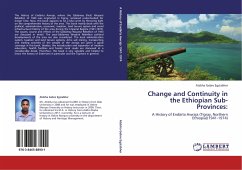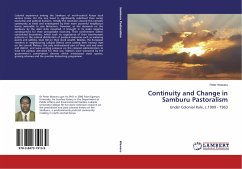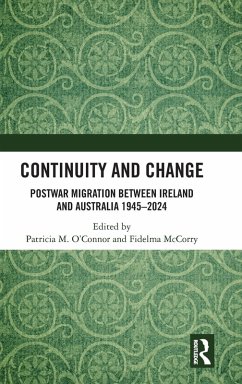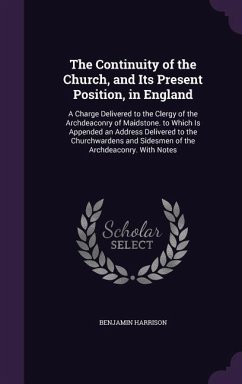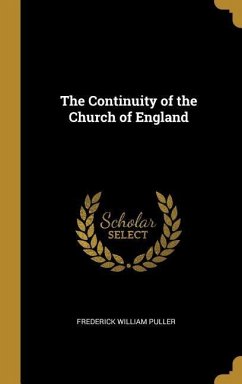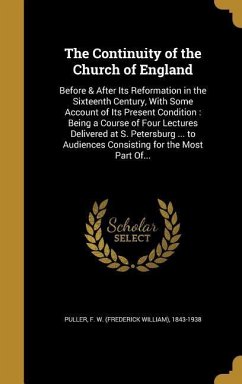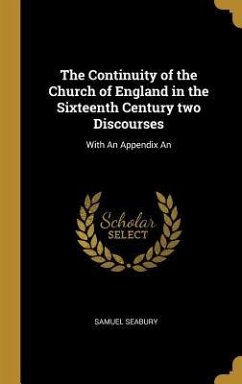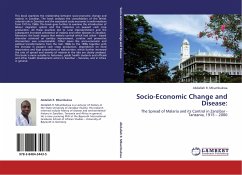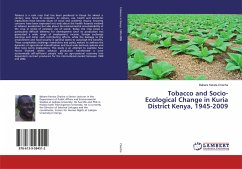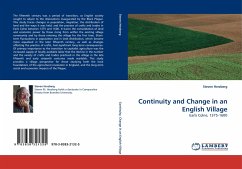
Continuity and Change in an English Village
Earls Colne, 1375-1600
Versandkostenfrei!
Versandfertig in 6-10 Tagen
52,99 €
inkl. MwSt.

PAYBACK Punkte
26 °P sammeln!
The fifteenth century was a period of transition, as English society sought to adjust to the dislocations inaugurated by the Black Plague. This study traces changes in population, migration, the distribution of land and the ways it was held, and the practice of crafts and trades in Earls Colne between 1375 and 1600. It traces the consolidation of land and economic power by those rising from within the existing village community and by those entering the village for the first time. Short-term fluctuations in population and in land distribution, which became more equalized in the later fifteenth...
The fifteenth century was a period of transition, as English society sought to adjust to the dislocations inaugurated by the Black Plague. This study traces changes in population, migration, the distribution of land and the ways it was held, and the practice of crafts and trades in Earls Colne between 1375 and 1600. It traces the consolidation of land and economic power by those rising from within the existing village community and by those entering the village for the first time. Short-term fluctuations in population and in land distribution, which became more equalized in the later fifteenth century, as well as changes affecting the practice of crafts, had significant long-term consequences. Of primary importance to the transition to capitalist agriculture was the increased supply of locally available labor that the decline in the number and the variety of crafts and trades practiced in the village in the late fifteenth and early sixteenth centuries made available. This study provides a village perspective for those studying both the local foundations of the agricultural revolution in England, and the long-term social and economic impacts of the Plague.



